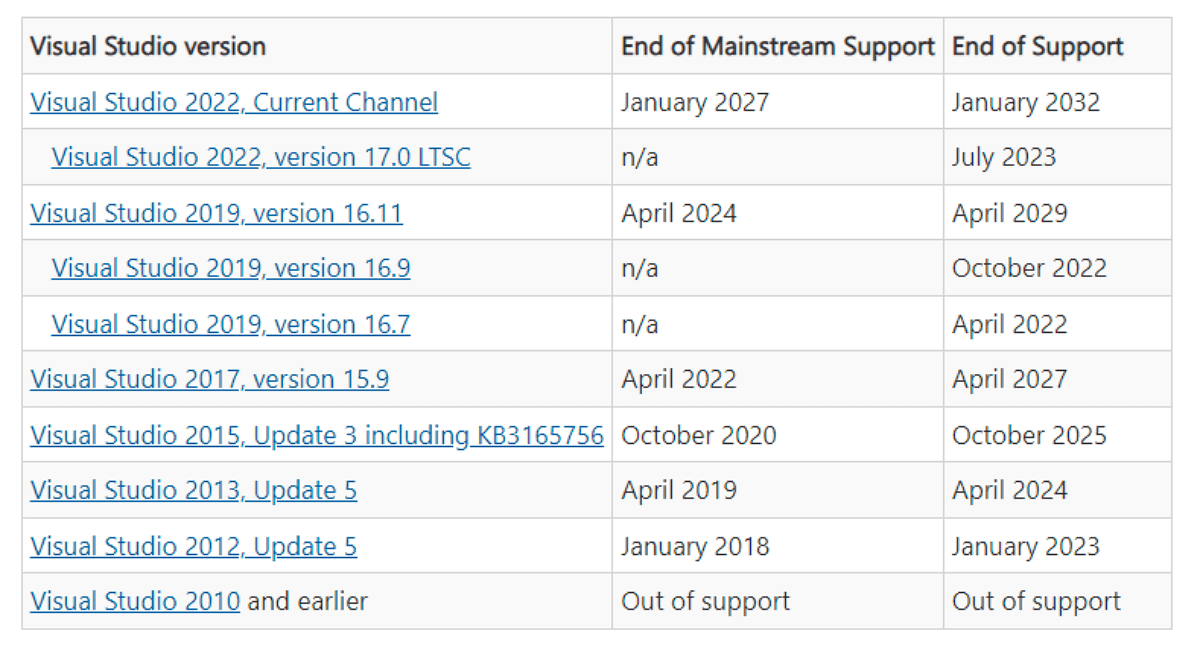What you Really Need to Know about Choosing a Web Host
Even for offline businesses, having a website is a huge plus. For those starting new businesses, whether they are Internet based or brick and mortar, designing a website is a necessity. Fortunately, even Internet novices have tools available that will help them develop a fully functional, attractive website. Another advantage that the owner of a new website has is the wealth of competition in the market of web hosting. Web hosting is the business of putting your website on hardware that connects to the Internet, and making sure that connection is healthy.
The actual hardware on which your website will reside is called a server. Most websites do not need an entire server to function adequately, and there are hosting companies that offer shared hosting, meaning that several websites “live†on one physical server. One problem with plain vanilla shared hosting is that problems with one site can affect the other sites on the server. In other words, if any one site brings down the server, it also brings down all the other sites with it.
More recently, shared hosting has evolved into what is called “virtual dedicated hosting.†This treats every sector of the server as if it was an entire, standalone piece of hardware, so that if one site crashes, the others are unaffected.
For those sites that do need an entire server, dedicated hosting is available. This means that an entire server is devoted to one website and all its sub domains. If you are just starting out with your website, even if you plan to have e-commerce features, shared hosting, or virtual dedicated hosting will probably be your best bet, mainly because true dedicated hosting is more expensive. The average web site does just fine with 1 to 3 GB disk space, which is well within the capabilities of shared hosting setups.
The main reason a site might need more is because it offers downloading services of audio or video, or if a site regularly receives over 5,000 visitors per day. Those situations require plenty of disk space and bandwidth. Otherwise, a typical shared hosting package will almost certainly be sufficient and cost effective for you.
You need to know what type of server operating system will work with your site. Don’t panic. You don’t need to know how to program the servers. There are people who do that for you. What you need to know is what kinds of software you will be using, and if that software has to be run on Windows or on Linux, or if it will work on either. The operating system you use for your own personal computer has little to do with whether your site will require Linux or Windows hosting. All you have to be able to do is use your web publishing software.
Linux is widely considered to be the best operating system for web servers. It is reliable, efficient, and stable. If your website is hosted on a Linux system, it will likely have very high uptime, which is crucial for any e-commerce sites.
If you plan to use Microsoft proprietary software such as FrontPage, Windows Streaming Media, or MSSQL, then you will probably require a Windows based host. Most anything else will work with either Windows or Linux platforms. Unless you will be using features that require either Linux or Windows servers, you can most likely worry about other things, like making sure you find a good hosting service with the technical support you need.
Most hosting packages come with email addresses on your own domain in the format you@yourdomain.com. A “catch-all†email, such as mail@yourdomain.com, is a good thing to have, as are a generous number of other email accounts for your employees. Often, hosting providers throw in things like auto responders for when you’re out of pocket, and the ability to access your mail over the Internet, so that you or your employees can check it when they’re away from the office. These are fairly standard features these days, and with the web hosting industry as competitive as it is, you should have no trouble getting decent email service as part of your hosting package.
Uptime and downtime are two words you hope you don’t ever have to use when talking about your business website. Hosting providers have a number of contingency plans up their sleeves to eliminate downtime or at least keep it as brief as possible. They have the ability to distribute the traffic to your site over more than one server if it should reach a level where it’s overwhelming the hardware. If one piece of equipment has a problem, they can begin using a backup server almost immediately. The good web hosting providers can offer you at least 99.8% uptime, and you should accept no less. If they back that with a guarantee, so much the better.
You can check out what others are saying about a hosting company by simply typing the name of the company into a search engine. You sometimes find a treasure trove of information that you couldn’t get otherwise about the company. One word of caution, though: every hosting company that’s been around for any length of time will have a few bad reviews. Sometimes it’s the fault of the company, and sometimes it’s the fault of the client for expecting something different from what was negotiated. The point is, don’t let one or two scathing rants cause you to cross a company off your list. What you should look for is a pattern of complaints over time. Also, if you see nothing but glowing reviews, perhaps you should be a little suspicious. No web hosting service is perfect, and less than scrupulous companies have been known to overload customer feedback sites with planted positive reviews. Most companies are more honest than that, however.
Of course, price is a major consideration. If you’re starting a new business, you definitely don’t want to waste money, either for substandard service or for fancy features you’ll never use. A rule of thumb is to weed out the hosting companies that are very high priced and the ones that are very low priced (or free), and work with the ones that don’t seem too extreme pricewise. Cheap or free hosting isn’t always a good choice for a business site (though they can work fine for personal or hobby sites), and expensive hosting doesn’t always mean you get the best of everything. It may just mean that you’re buying a lot of stuff you don’t need.
Finally, perhaps the most important consideration when choosing a web hosting company is their level of customer and technical support. You should expect real 24/7/365 support from a hosting company that has experience hosting e-commerce sites. This doesn’t mean that they have a voice mail tree that you have to navigate through before having any hope of talking to an actual person. It also doesn’t mean that messages are taken during non-business hours, but addressed during business hours. If you’re the owner of a business website, there are no such things as “business hours.â€
The kind of support you should expect is from a real human who is either physically at the server farm or who can hook you up with someone who is. And it shouldn’t matter if you’re calling on a weekend or a holiday: somewhere on the planet, a person may be trying to get on your site and having difficulty, and that needs to be fixed no matter where they are and no matter what time it is. Downtime is money out of your pocket, and you need to work with your hosting provider to eliminate or nearly eliminate it.
Don’t be intimidated at the thought of choosing an Internet hosting provider. They all want your business, so you’re in a relative position of power. Just be aware of those that promise what sounds like too much (such as “unlimited†bandwidth), and steer clear of sites that have histories of poor service or support. That’s the great thing about the Internet: if enough people have trouble with any company, whether it’s a car rental company or an Internet hosting provider, they will talk and put the information out there, hopefully saving you some trouble, too.
Advertisement
















Don’t forget to fixed orbit the webhost to see how large they are, and Internet Archive to see how long they have been in business.